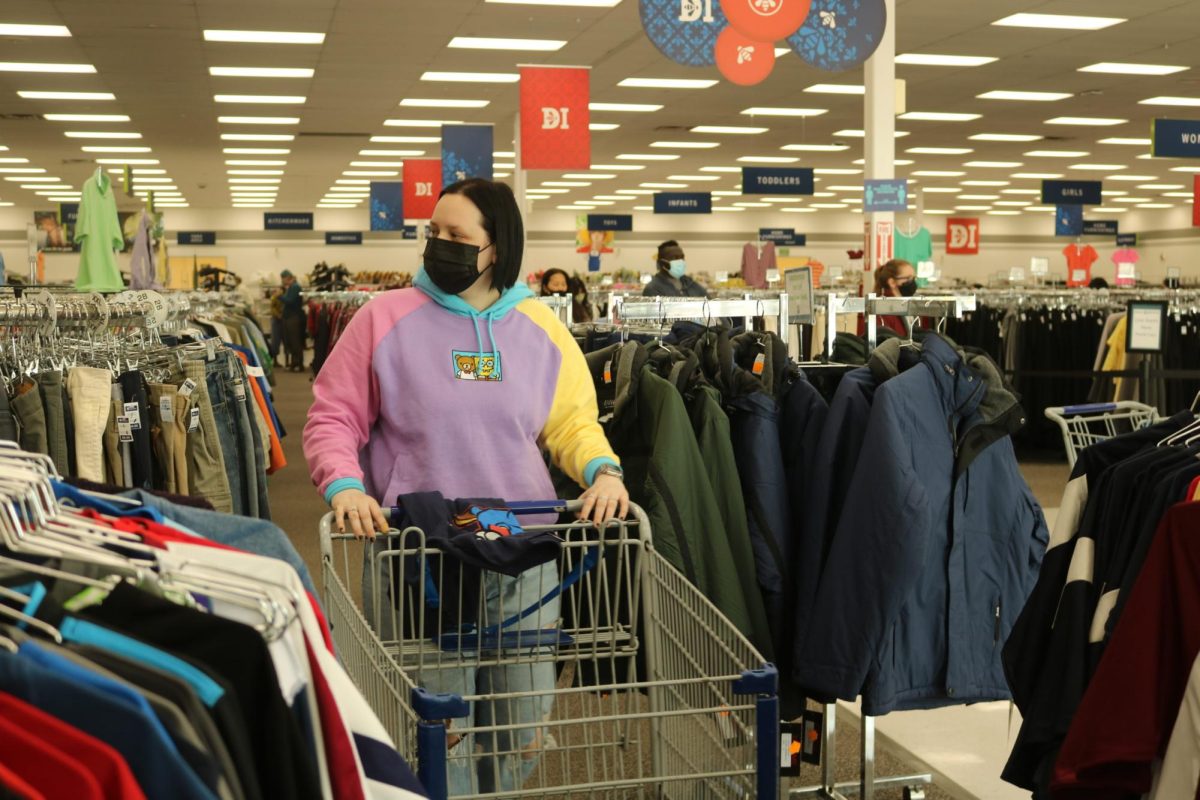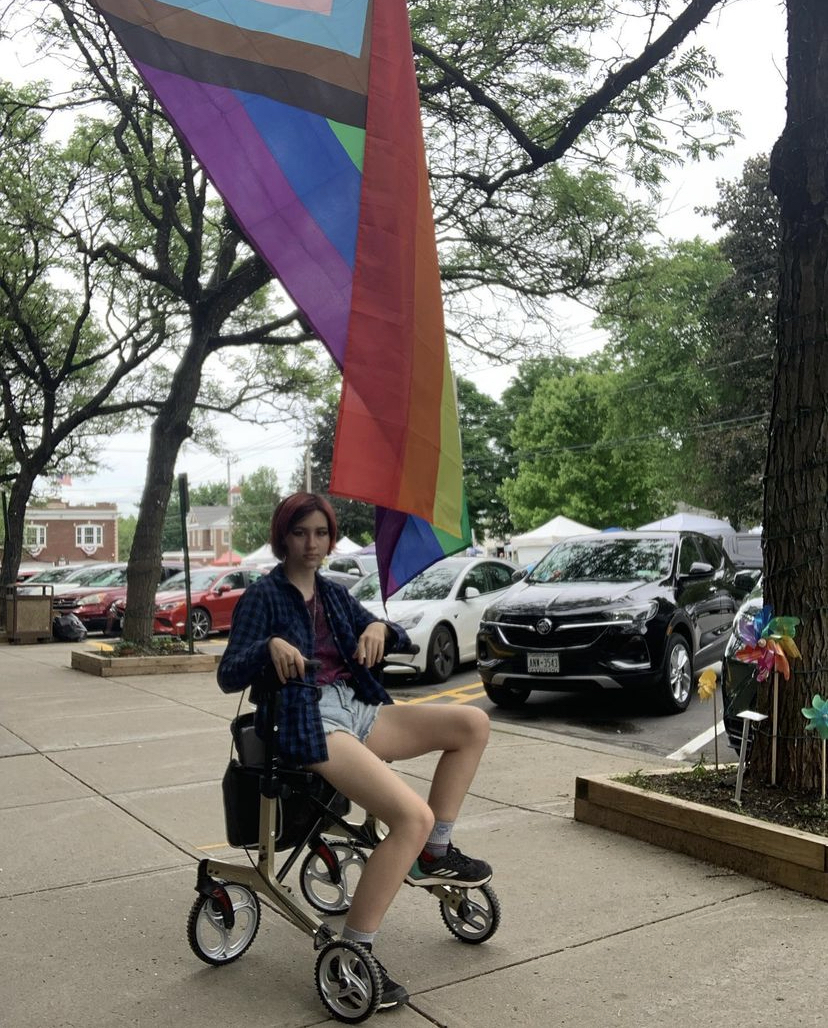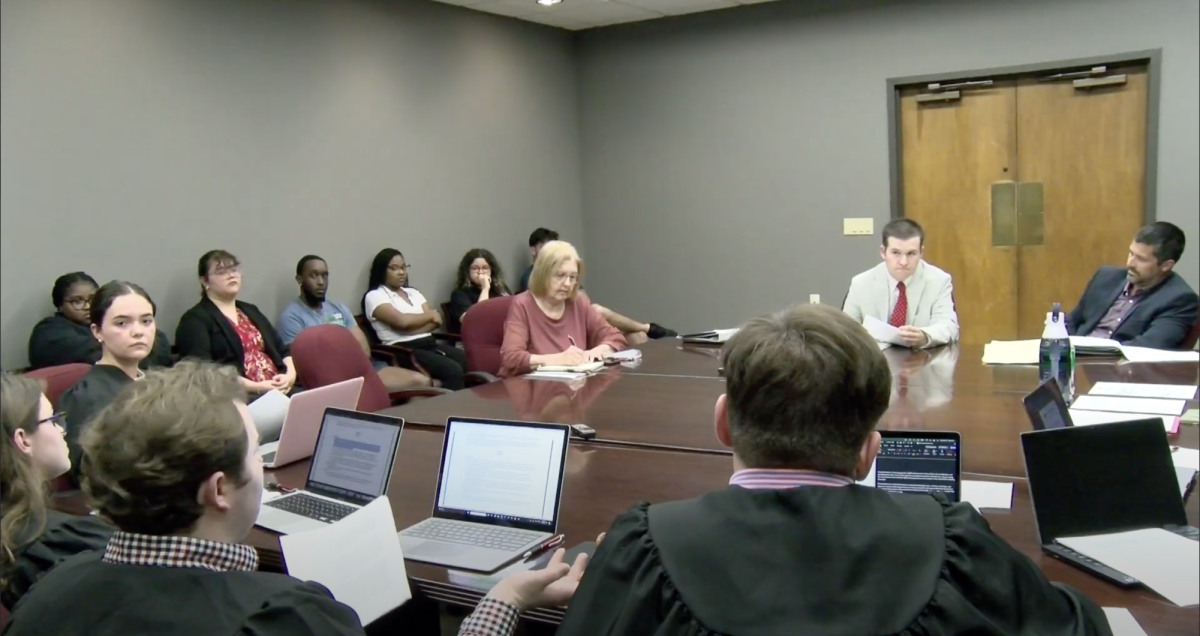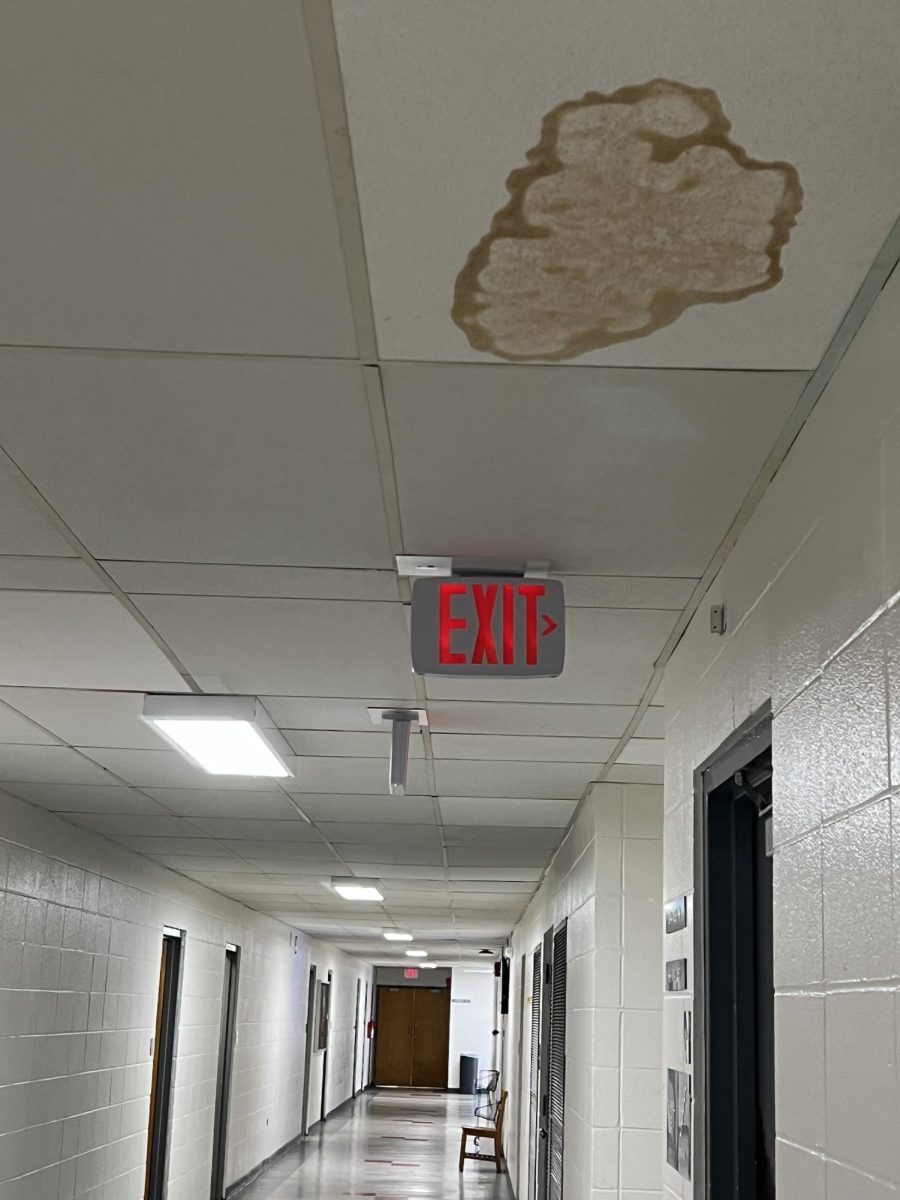More than 30 million Americans are at risk for developing noise-induced hearing loss, according to the National Institute on Deafness and other Communication Disorders (NIDCD).Noise-induced hearing loss can be the result of one-time exposure to a loud sound or repeated exposure to sounds at various loudness levels over an extended period of time, such as those experienced at music concerts or outdoor music festivals.
To prevent possible noise-induced hearing loss, Suzanne Kimball, audiologist and assistant professor of communicative disorders, suggests wearing earplugs when attending concerts or during any loud activities.
“Noise-induced hearing loss has to do with the duration of time you’re in a loud noise as well as how loud the noise is,” Kimball said. “Rock concerts are usually between 110 and 120 decibels, so your exposure should be less than 10 minutes (without ear protection).”
The NIDCD said that prolonged exposure to noises over 80 decibels (examples are fireworks, jet skis, chain saws, lawnmowers and motorcycles) may cause temporary or irreparable damage to the sensitive hair cells of the inner ear as well as the hearing nerve or severe hearing loss.
At outdoor music festivals or during prolonged outdoor exposure to loud noise, people should stand far away from the noise source.
Often, hearing loss is not noticed by the individual, but tests are available online to determine if the person is at risk for hearing loss. If three or more of these items apply to you, you may want to consider seeing an audiologist or hearing specialist:
*Having a problem hearing over the telephone
* Not being able to follow a conversation between two or more people
* Others complaining that the television volume is often too high
* Straining to understand conversation
* Having trouble hearing in a noisy background
* Asking people to repeat themselves frequently
* Others seem to mumble or not speak clearly
* Misunderstanding what others are saying and responding inappropriately
* Having trouble understanding the speech of women and children
* Others are annoyed at frequent speech misunderstandings
Students interested in getting tested for hearing loss can go to the communicative disorders department (111 Talbot Hall) and schedule a test or call (985) 448-4589. The test is free of charge and should only take about 30 to 45 minutes.
Exposure to continuous noise may cause only a temporary hearing loss. If the hearing recovers, it will do so between approximately 16 and 48 hours after the noise has ended.
Impulse sound, a one-time exposure to a sound over 140 decibels, can result in immediate and possibly permanent hearing loss. Tinnitus, a ringing, buzzing or roaring in the ears or head may accompany impulse sound hearing loss. The tinnitus may subside over time, but there are no treatment options for severe hearing loss.
“The only thing you can do (when facing noise-induced hearing loss) is wear hearing aids,” Kimball said.
Researchers are developing drug therapies to increase blood flow in the eardrum, possibly alleviating some symptoms of noise-induced hearing loss. For now, the best option, according to NIDCD, is prevention.
NIDCD recommends using earmuffs or earplugs around loud noises to decrease the sound and chances for hearing loss. Musicians especially are cautioned to wear earplugs while performing. Most earplugs are available to decrease sound by three levels: the ER-9s, ER-15s and ER-25s. Some alternatives to conventional earplugs are color marbleized earplugs, glitter earplugs and rhinestone-studded earplugs. These earplugs and others made to custom-fit the wearer are available at http://audible-dxifference.com.
There are not currently any support groups for noise-induced hearing loss on campus. If students are seeking support or advice, they can consult Kimball at the phone number above.
“I’m not a counselor, but when it comes to hearing loss, I’d be happy to talk to people.







